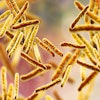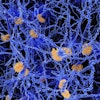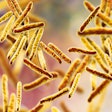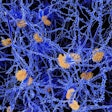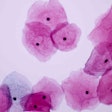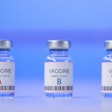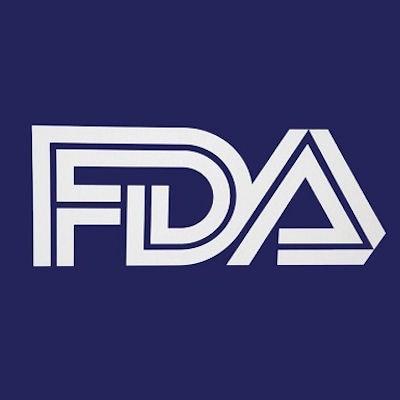
The U.S. Food and Drug Administration (FDA) recently released draft recommendations to better guide nonclinical laboratory staff and sponsors conducting pathology peer reviews in good laboratory practice (GLP)-compliant toxicology studies.
The recommendations define pathology peer reviews, who should conduct them, and when they should occur. Also, they address the management, conduct, and documentation of pathology peer reviews.
Because the FDA has not clearly identified its documentation practices for pathology peer reviews in the past, and protocols vary widely among nonclinical testing sites, the agency provided draft questions and answers to clarify its recommendations.
Pathology peer reviews are histopathological reviews of tissue samples during GLP-compliant toxicology studies that occur after study pathologists complete their reviews, according to the FDA. The agency not only finds peer reviews beneficial when results are unique or unexpected but also when peer-review pathologists have specific knowledge of classes of compounds.
Pathology peer reviews ensure the quality and accuracy of histopathological diagnoses and expositions, according to the agency. Furthermore, casual conversations, mentoring, or the exchange of opinions among pathologists should not be considered pathology peer reviews, the FDA stated. Its recommendations also include how pathology peer reviews should be performed at non-GLP testing sites and how they should be recorded.
Though the agency prefers that peer-review pathologists perform formal assessments at GLP-compliant sites, it noted that those reviews conducted at non-GLP facilities are acceptable if they are rationalized and recorded in a GLP compliance statement signed by a study director. It should be included within the study protocol and final study report.
Finally, the FDA explained ways to handle conflicting expositions between study pathologists and peer-review pathologists.
If the peer-review pathologist and the study pathologist fail to agree on interpretations, their conflicting opinions should be documented by the peer-review pathologist before they discuss ways to resolve their differences. If they are unable to reach a consensus on the findings, the study and peer-review pathologists should follow a clear, impartial process that is outlined in the testing facility's standard operating procedures for rectifying interpretative differences.
Organizations and individuals who want to provide feedback or recommendations regarding the draft document should submit them to the FDA by September 30, 2019.
"This draft guidance, when finalized, will represent the current thinking of the Food and Drug Administration (FDA or Agency) on this topic," the FDA wrote. "It does not establish any rights for any person and is not binding on FDA or the public. You can use an alternative approach if it satisfies the requirements of the applicable statutes and regulations."
